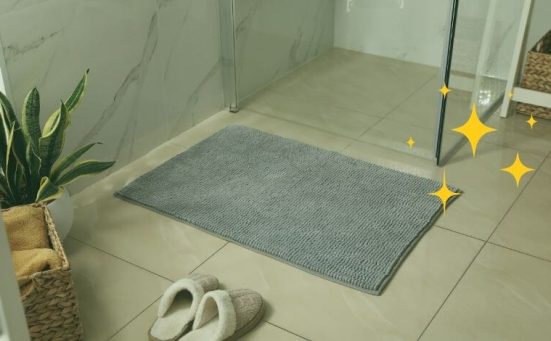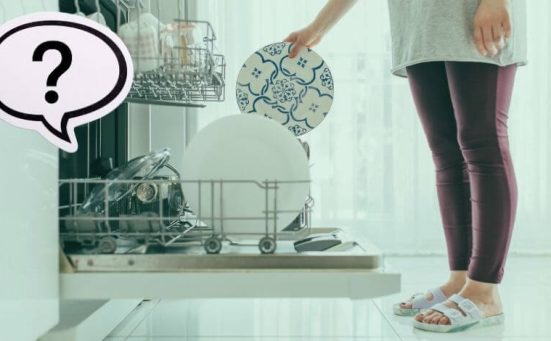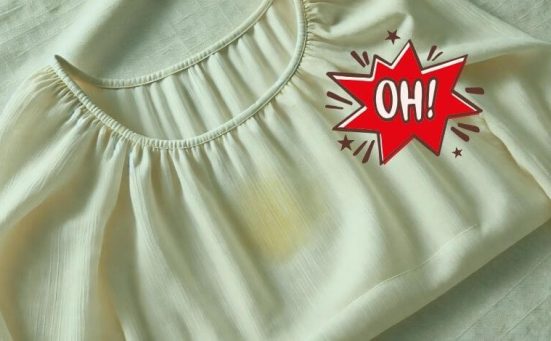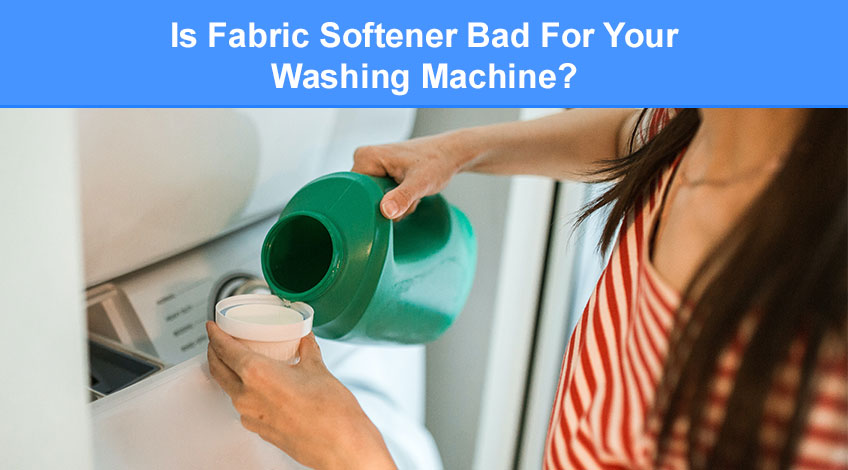
Is Fabric Softener Bad For Your Washing Machine?
We have been almost brainwashed over the years to use a fabric softener when washing our clothes. But recently there have been reports that fabric softener, or conditioner as it’s also known, can have a detrimental effect on you, your clothes, the environment and your washing machine.
What Is Fabric Softener?
Fabric softener is designed to lubricate the fibres of your clothes to prevent them tangling together in the machine which could lead to friction.
The rough and tumble action in the machine that rubs the clothes together can create static. The fabric softener helps to prevent this static buildup and softens the fibres of your fabrics to leave clothes feeling soft and comfortable.
There are several brands of fabric conditioners available each with their own formulas. But they all work in a similar way. They contain chemicals that coat the fabrics and make your clothes feel soft.
Is Fabric Softener Bad For The Washing Machine?
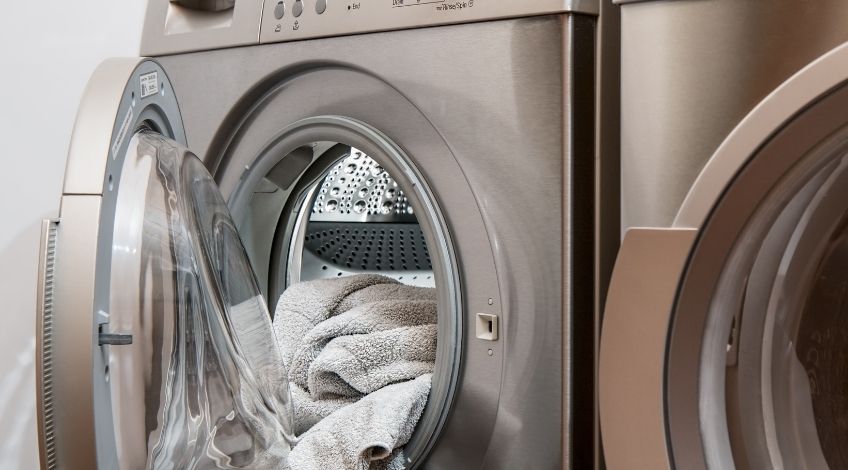
The problem is those chemicals are not fully water soluble which means they can build up in the washing machine and cause many problems.
The chemicals can leave a layer in the drum and drainage pipes of the washer. This can, over time lead to the pipes clogging which will eventually cause the machine to break down.
Even if the machine keeps running, the accumulation of chemicals will encourage the growth of mould and mildew which can be detrimental to your health as well as the machine.
How To Prevent A Buildup Of Fabric Softener In Your Washing machine
The most obvious way to prevent a buildup of fabric softener in your washing machine is not to use it in the first place. However, if you prefer the feeling of soft clothes against your skin (and who doesn’t?), you should always stick to the correct amount.
Don’t overdose the machine with softener as this is the most likely cause of a buildup. Or you could consider using an alternative form of fabric softener.
Alternative Fabric Softeners
Alternative fabric softeners include;
Bicarbonate Of Soda
- ECO-FRIENDLY: Sodium Bicarbonate / Baking Soda is one of the top eco-friendly , safe and inexpensive cleaning, baking and household products available.
- CLEANING: Baking Soda is particularly useful in food preparation, cleaning surfaces, ovens, grills, microwaves and fridges whilst also deodorising and freshening without leaving any harsh chemical smells.
This natural product can be added to the wash cycle (1/2 cup) for every wash. It will soften the water which in turn, softens the fabrics.
White Vinegar
- MAKE KITCHENS & BATHROOMS SPARKLE: White Vinegar is a powerhouse product in cleaning the home. Use White Vinegar on porcelain, countertops, stainless steel appliances, oven and microwave interiors, laminate flooring, toilets, glass surfaces, tiles, wooden furniture, dishwashers, washing machines and more. This product is already diluted, ready-to-go for cleaning immediately. Please note White Vinegar should not be used to clean marble.
- KINDER ALTERNATIVE TO HARSHER PRODUCTS: Practical and suitable for home, commercial and industrial use. You can use White Vinegar as an effective drain cleaner when mixed with baking soda, add to laundry loads for soft, odour-free clothing or even for removing stains on clothing, carpets and upholstery. White Vinegar can also be used to repel insects such as ants and spiders. Best of all, having a universal cleaner also means less packaging and plastic!
You can add ½ cup of white vinegar to the rinse cycle to help soften your clothes or you can spray white vinegar onto a tea towel and add this to the wash.
And It’s Not Just Your Washer That Fabric Softener Is Bad For…
Fabric softener is good for making some clothes feel softer when we wear them. But it can also have an adverse affect on more than just the washing machine.
What Else Is Fabric Softener Bad For?
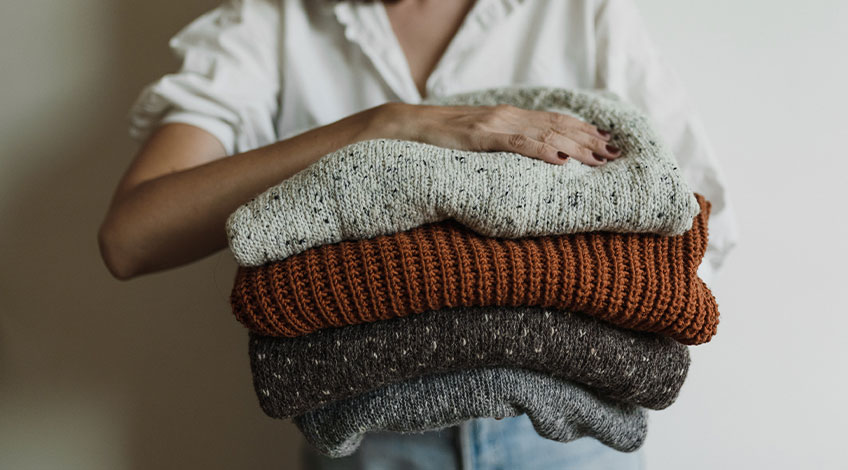
There are several reasons to stop using fabric softener altogether these include;
Triggers Allergies
If you are asthmatic or have sensitive skin, the chemicals used to make fabric softener can trigger an allergic reaction. There are numerous chemicals, dyes and preservatives used to make fabric softeners and any one of these could trigger an allergic reaction.
Bad For The Environment
Many of the chemicals that are present in fabric softeners are not biodegradable and can hang around for many years in our rivers, streams and oceans. These chemicals can be harmful to aquatic as well as bird and animal life.
Damage Some Materials
Many fabrics like; wool, cashmere, towelling, swimwear, microfibres, feather or down filled jackets/sleeping bags and many fire retardant clothes can be damaged by using fabric softeners.
Stops Clothes Getting Clean
If you use a fabric softener on a regular basis, it can build up on clothes and coat the fibres. This coating prevents water entering the fabric which stops the clothes getting clean.
Can Make Towels Useless
The whole purpose of a towel is to absorb water to dry us when we’re wet. A build up of fabric softener will coat the fibres of the towel and prevent water from being absorbed.
This makes the towel useless which is why we recommend only using a fabric softener on every other wash for towels if you use one at all.
SEE ALSO: How To Use White Vinegar In The Washing Machine
Frequently Asked Questions
There is no need to use fabric softener in your wash. It doesn’t wash clothes and in many cases it can be detrimental to the clothes being washed as well as damaging the washing machine and the environment. For all of these reasons it is better to wash clothes without fabric softener.
You can soften your clothes without fabric softener by using ¼ cup of bicarbonate of soda in the wash cycle or by using ½ cup of white vinegar in the rinse cycle.
You should not use fabric softener on towels because the chemicals in the fabric softener coat the fibres of the towel and make it less able to absorb water. This eventually renders the towel as useless.
Also, follow us on Pinterest ...



